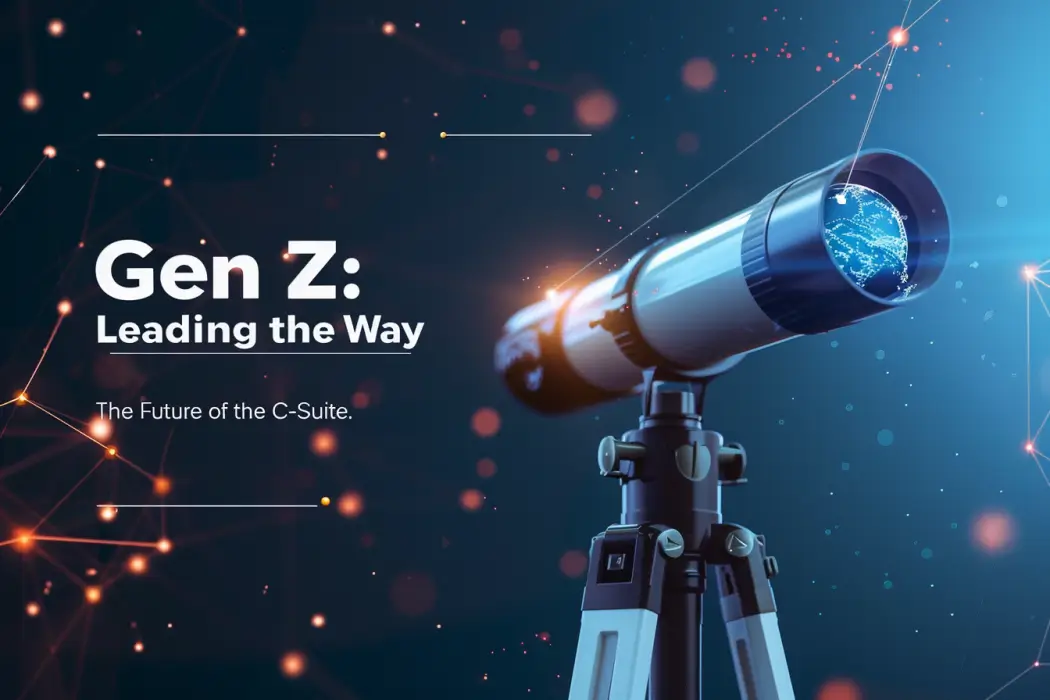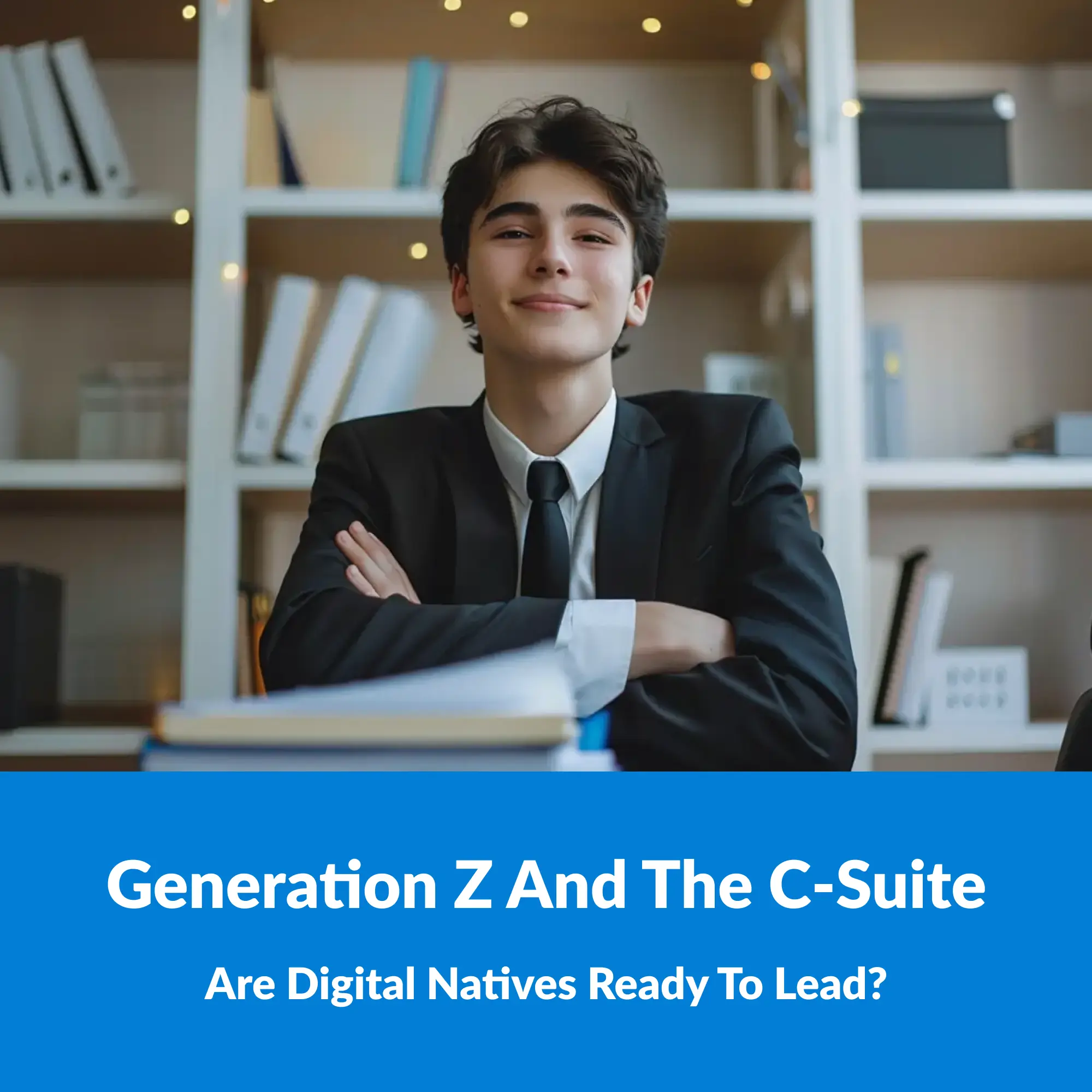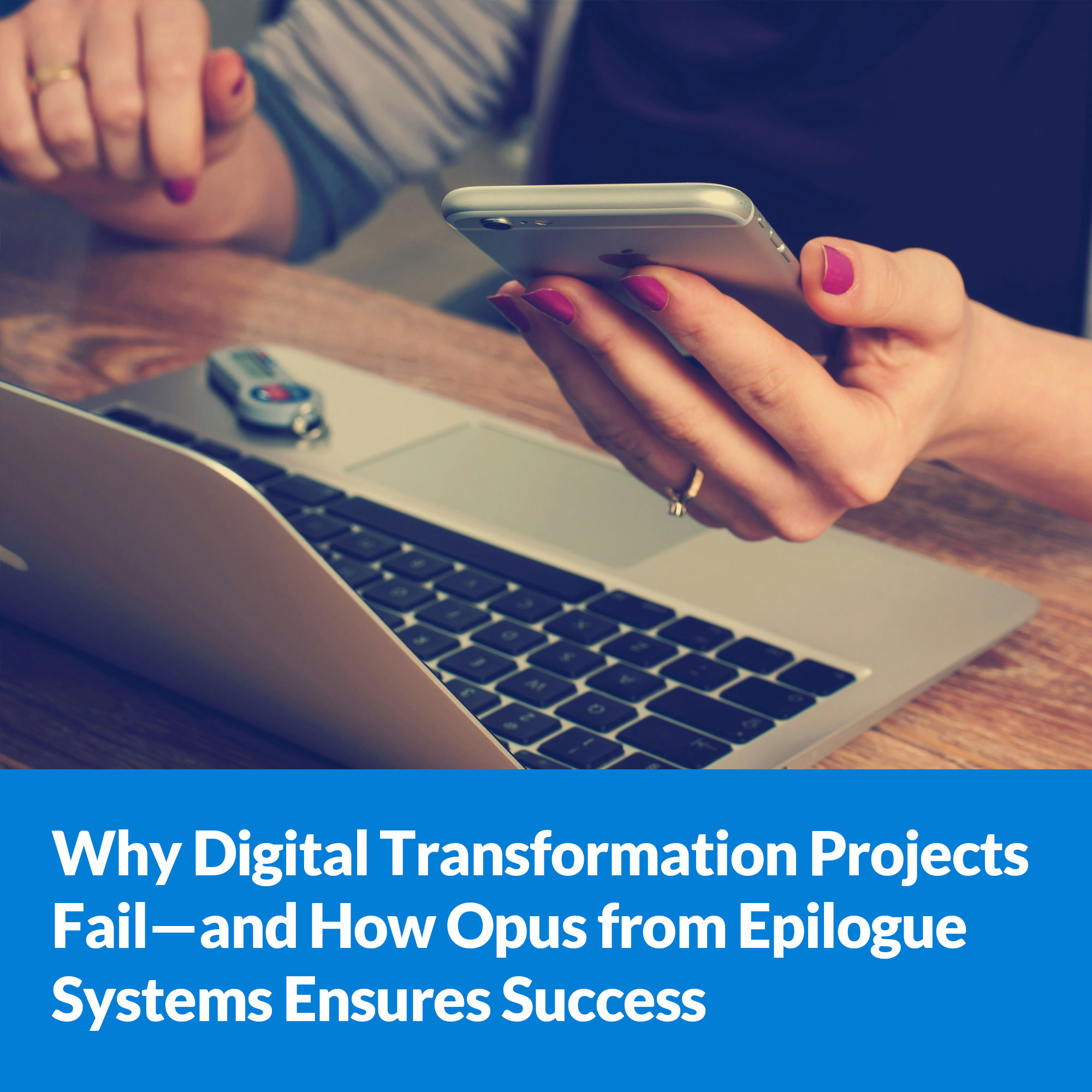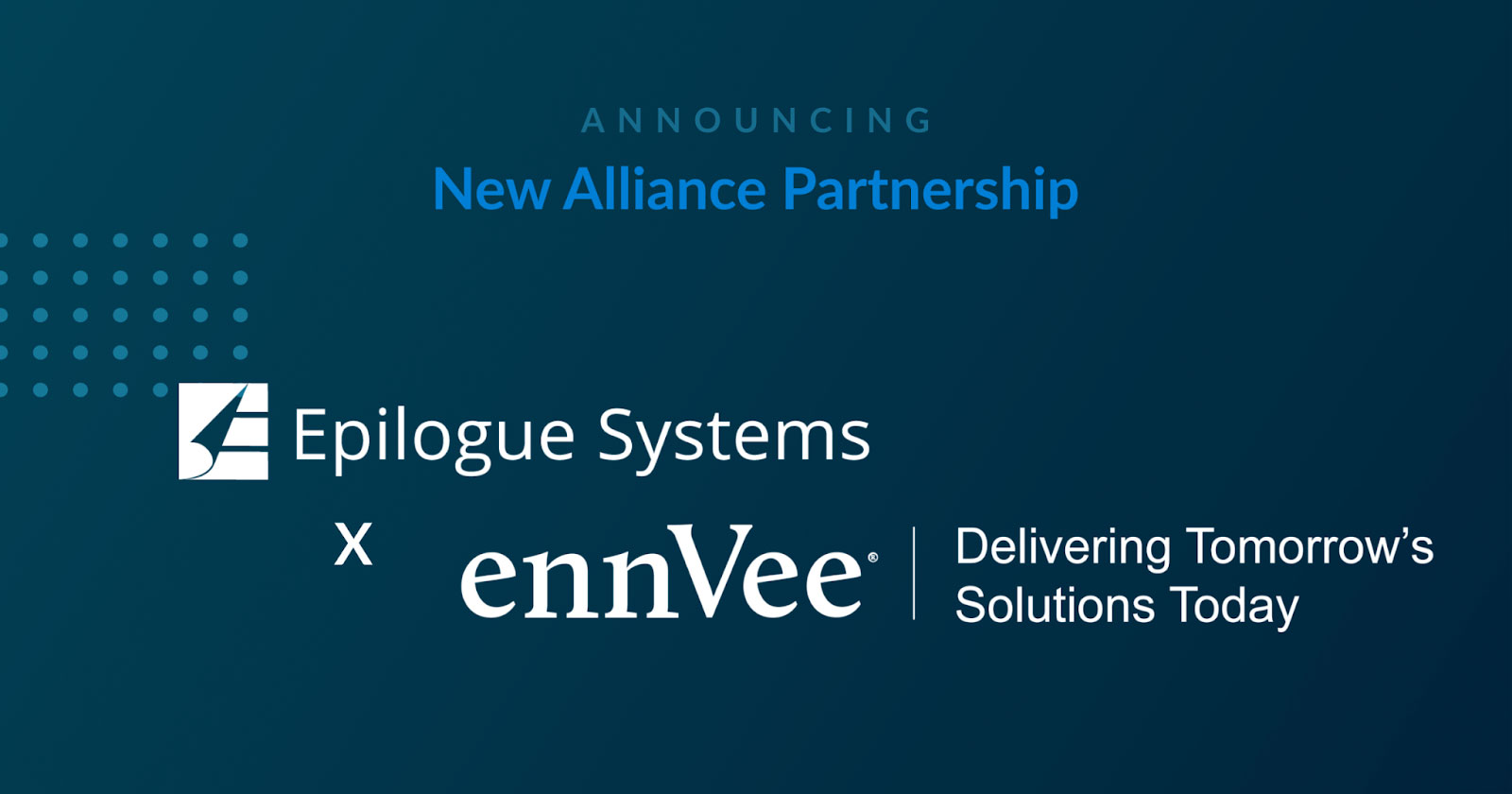Generation Z, those born between the mid-1990s and mid-2010s, are digital natives who’ve grown up with constant connection and rapid technological change. We often hear about their experiences entering the workforce, but are some Gen Z trailblazers already setting their sights on the C-suite, the highest levels of corporate leadership?
The answer might surprise you. While the average CEO age is still around 54, there’s a growing trend of younger leaders at the helm.
In 2022, nearly a third of newly appointed S&P 500 CEOs were under 50, a significant jump compared to just a few years ago. These young leaders bring a unique perspective and agility to the table. They’re comfortable with disruption and possess a digital fluency that could be invaluable as technology continues to reshape the business landscape.
This article delves into whether GenZ, the youngest generation in the workforce and armed with their unique digital-age skills and ambitious vision, is truly ready to take the reins of top executive roles.
Preface: This article diverges from our usual focus on
Epilogue Opus, our digital adoption platform. We occasionally like to explore diverse subjects to provide interesting insights and perspectives. We appreciate your readership.
Characteristics and Ambitions of Gen Z
Generation Z embodies a blend of characteristics that sets them apart from previous generations, especially in their approach to work and leadership. Born into the digital age, this generation has been immersed in technology from an early age, fostering a unique set of skills and perspectives that are finely tuned to the nuances of digital communication and online culture. Their comfort with social media, mobile technology, and virtual platforms gives them an edge in today’s fast-evolving digital business landscape.
1. Adaptability and Technological Prowess and Ambitions of Gen Z
One of the most defining characteristics of Gen Z is their adaptability. Having grown up during significant technological advances and global socio-economic changes, including the Great Recession and the COVID-19 pandemic, Gen Z has learned to navigate uncertainty and adapt quickly to new situations. This adaptability is crucial in the corporate world, which is continuously affected by rapid changes and technological disruptions.
Moreover, their technological prowess extends beyond mere familiarity with digital tools. Gen Z uses this expertise to seek innovative solutions to complex problems, leveraging technology to enhance productivity and achieve results. They are not only consumers of digital content but also creators, using digital tools to initiate change and influence.
2. Ambition and Aspirational Goals
Regarding professional ambitions, Gen Z shows a notable inclination towards leadership roles. Research indicates that a significant portion of this generation aspires to assume top executive positions, driven by a desire to impact change and innovate within their fields.
A survey by Deloitte highlights that 38% of Gen Z participants aim to become CEOs, a rate significantly higher than seen in previous generations at similar career stages.Their aspirations are not just about reaching the top but also about transforming the role of leadership itself. Gen Z envisions leadership that aligns with their values on sustainability, diversity, and social responsibility. They are likely to redefine traditional paths to and roles within the C-suite, emphasizing transparency, inclusivity, and purpose-driven business practices.
Challenges Facing Generation Z
1. Navigating a Multi-Generational Workforce:
One of the primary challenges Generation Z faces as they move toward leadership roles is the complexity of navigating a multi-generational workforce. With Baby Boomers delaying retirement and Millennials settling into senior positions, Gen Z must find ways to assert their unique leadership styles and innovative ideas without sidelining the valuable experience of older generations. This situation requires delicate balance and excellent interpersonal skills to foster collaboration across age groups with differing work expectations and communication styles.
2. Lack of Traditional Experience
Due to their young age, Gen Z leaders often have less traditional work experience than their predecessors, which can be a significant barrier in organizations that value time-tested methods and historical knowledge. This lack of experience can lead to skepticism from peers and stakeholders, potentially undermining Gen Z’s authority and effectiveness in leadership roles.
Overcoming this perception requires demonstrable competence and the ability to quickly deliver results, proving that innovative approaches can match or exceed the efficacy of traditional methods.
3. Adapting to Rapid Technological and Economic Changes
The rapid pace of technological advancement and shifting economic landscapes pose another substantial challenge. Gen Z must continuously update their skills and knowledge to stay ahead. This relentless pace can be daunting, especially when leading organizations that are slow to adapt to change.
They need to manage not only their personal adaptation but also steer their entire organizations through these transitions, which requires foresight, strategic planning, and a robust support network.
Opportunities for Generation Z
1. Digital First Leadership:
Gen Z’s intrinsic understanding of the digital world presents significant opportunities. As digital natives, they are uniquely positioned to lead transformations in business processes, customer interactions, and workplace dynamics. Their fluency in digital communication and social media can be leveraged to enhance brand presence, engage with stakeholders more effectively, and foster a more connected global business environment.
2. Driving Innovation and Sustainability:
The challenges of today’s world have also instilled in Gen Z a strong commitment to sustainability and innovation, aligning with global shifts towards more ethical and sustainable business practices. This alignment not only positions them as leaders who can drive meaningful change but also appeals to a growing demographic of consumers and employees who prioritize corporate responsibility.
Their fresh perspectives are crucial in rethinking products, services, and internal processes to make them more sustainable and efficient.
3. Championing Diversity and Inclusivity:
Furthermore, Gen Z values diversity, equity, and inclusivity more than any previous generation. They are likely to promote these values in their leadership roles, potentially leading to more innovative, resilient, and adaptable organizations. Their commitment to inclusivity can foster a work environment that attracts and retains top talent from diverse backgrounds, enhancing creativity and problem-solving within teams.
Preparation for Leadership
So, what exactly does it take to be a CEO in today’s world?
Recent research by McKinsey sheds some light. Modern CEOs need to be comfortable with constant change and public scrutiny. They must also demonstrate a deep understanding of environmental, social, and governance (ESG) issues. The ability to articulate a clear vision for company transformation, with ambitious goals, is crucial. Interestingly, intrinsic motivation, driven by a desire to make a real difference, is becoming increasingly important, with pure financial gain or prestige holding less sway.
1. Cultivating Emotional Intelligence
For Gen Z aspiring to the C-suite, developing a high degree of emotional intelligence (EQ) is crucial. This involves honing skills in empathy, self-awareness, and interpersonal communication. Emotional intelligence allows leaders to create strong relationships within their teams, understand and manage their own emotions, and navigate the emotional landscapes of others effectively.
For Gen Z, who grew up in a digital world where face-to-face interactions were often supplanted by digital communication, intentionally developing these real-world interpersonal skills is essential.
2. Strategic Thinking and Decision Making
Strategic thinking and decision-making are foundational skills for any executive. Gen Z leaders must be able to anticipate future trends and challenges, formulate strategic plans, and make decisions that align with both short-term and long-term organizational goals. This requires a deep understanding of the industry, competitive dynamics, and an ability to think critically about how global trends impact business operations.
3. Technological Fluency
Given their digital nativity, Gen Z already has a strong foundation in technology. However, to lead effectively, they must also understand how to strategically implement technology to drive business outcomes. This involves more than just staying updated with the latest digital tools; it includes integrating technology into the company’s core strategy to enhance productivity, innovation, and competitive advantage.
4. Cross-functional Experience
To prepare for the multifaceted challenges of the C-suite, Gen Z professionals should seek cross-functional experiences within their organizations. This can involve rotating through different departments—such as finance, operations, marketing, and HR—to gain a holistic understanding of how each function contributes to the success of the company. Such experiences can equip them with the broad perspective necessary to make informed decisions that benefit the entire organization.
5. Mentorship and Networking
Building a robust professional network and finding mentors who can provide guidance and feedback is another critical step in preparing for leadership. Mentors can offer insights drawn from their experiences, help navigate career challenges, and open doors to new opportunities. Additionally, cultivating a diverse network can provide Gen Z leaders with multiple perspectives and solutions to business challenges, enhancing their ability to lead inclusively and effectively.
6. Continuous Learning and Development
In an era marked by rapid technological change and global interconnectedness, continuous learning is non-negotiable for any leader. Gen Z leaders should commit to lifelong learning, whether through formal education, professional development courses, workshops, or self-directed learning. This commitment helps them stay ahead of emerging trends and technologies, ensuring they remain relevant and effective in their leadership roles.
Broader Impact and Conclusion
Gen Z’s digital fluency, comfort with disruption, and strong desire for leadership make them a powerful force to be reckoned with. While they may not all be CEOs today, their presence is reshaping the conversation around leadership. The future of the C-suite is likely to be more diverse, innovative, and focused on creating a sustainable future.










